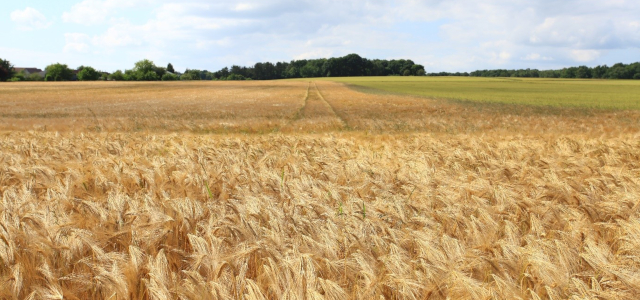This development process is being carried out under the United Nation Convention to Combat Desertification (UNCCD) Land Degradation Neutrality – Transformative Projects and Programmes initiative (LDN TPP).
The impacts of land degradation are being exacerbated by climate change, which has wide ranging and varied impacts across South Africa. Increases in rainfall intensity and extreme rainfall events increase the impacts of soil erosion, while elevated temperatures and changes to rainfall seasons increase the likelihood and severity of droughts, dry spells, and wildfires. Rising temperatures are also key drivers of bush encroachment.
As a developing country with an economy that is largely dependent on primary production, these drivers have knock-on effects on sustainable development, including food and water security, as well as economic productivity.
Through the Land Degradation Neutrality (LDN) Target Setting Programme, the Global Mechanism (GM) and the secretariat of the UNCCD, and multiple international partners, are supporting countries with their national LDN target setting processes, including setting national baselines, targets, and associated measures to achieve LDN. Through the LDN TPP, UNCCD is supporting countries in mobilizing finance to achieve these goals.
South Africa, through the Department of Forestry, Fisheries and the Environment, has set LDN targets. To help meet these targets, DFFE has leveraged financial support under the LDN TPP initiative.
The Department has mobilized partners with key technical expertise in climate finance –GWPSA and the ARC - to develop a project idea into a Green Climate Fund project concept note to mobilise US$10 million to address the most urgent impacts of land degradation and climate change through the application of a Water-Energy-Food Nexus (WEF-Nexus) approach. This is expected to contribute towards long-term climate-resilient sustainable development in South Africa.
The next steps in this process will be:
- Partners to continue consultations;
- Develop a draft GCF concept note by the end of 2021;
- Host a validation workshop for the draft concept note to ensure it addresses South Africa’s priorities; and
- Submit the concept note to the GCF.
This development process ensures the development of a project concept note that is transformative, replicable, and scalable.
